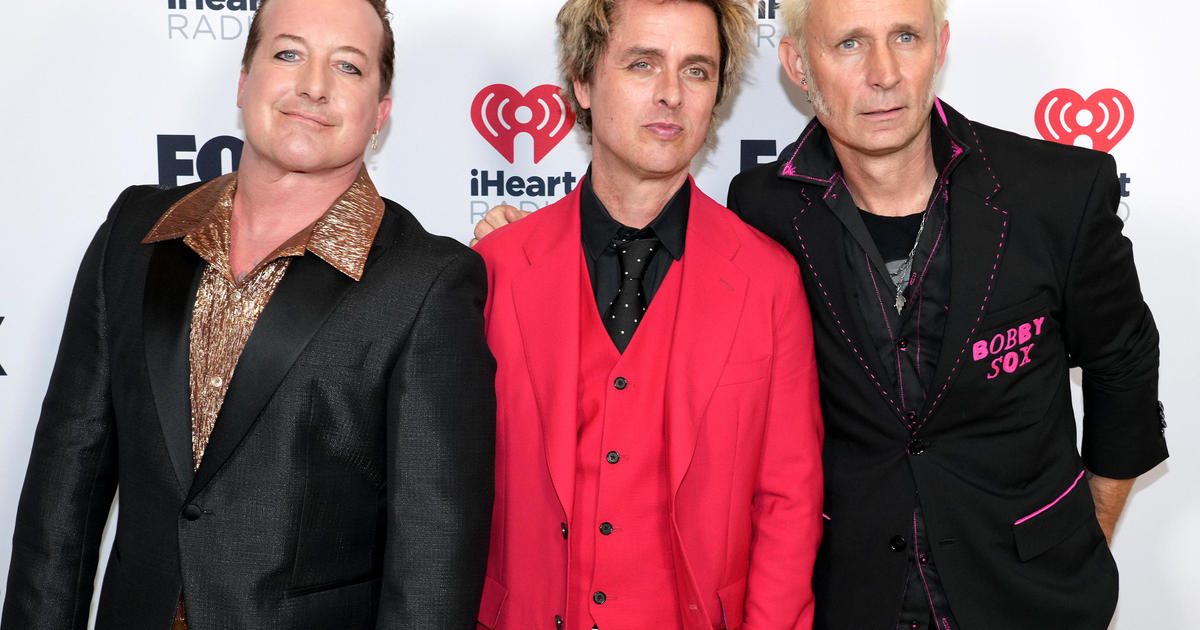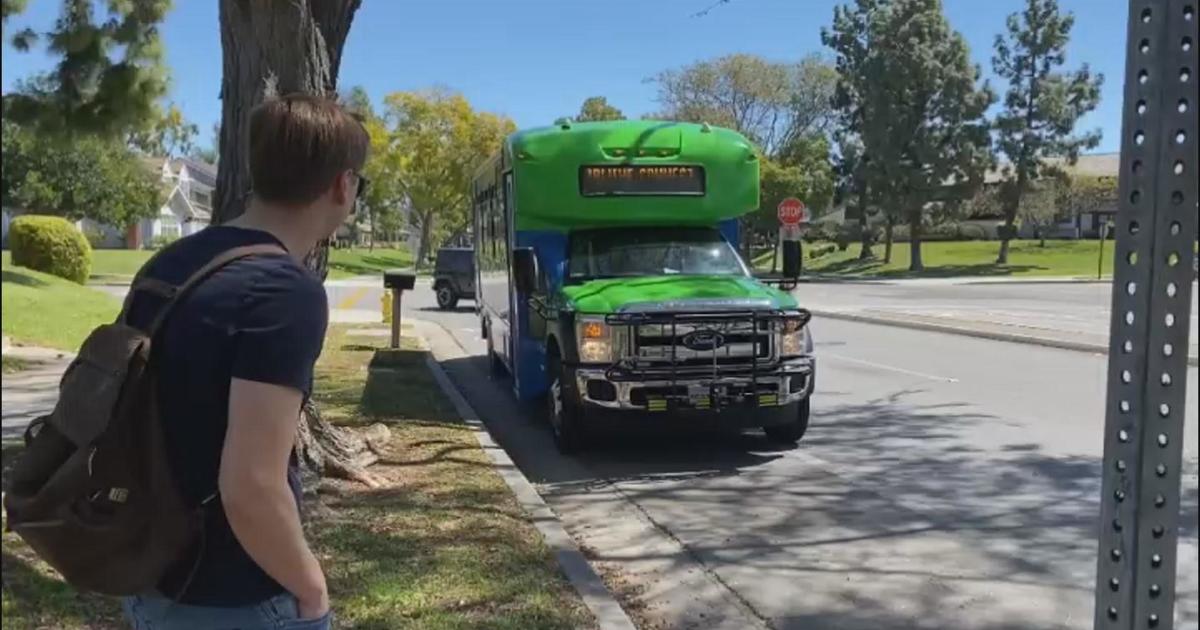$99 At-Home DNA Kit Helps Unlock Genetic Mysteries
BURBANK (CBSLA.com) — A $99 DNA kit is helping some families unlock genetic mysteries in the privacy of their home.
Craig and Lynn Dee Bollesen, who have been married for 17 years, have three children.
For them, their little ones are their world.
That's why the duo decided to get their DNA tested with an at-home kit by Mountain View-based company 23andMe.
The test looks at a person's relative risk for more than 100 diseases, like Alzheimer's, Parkinson's and Type 2 diabetes.
It also checks to see if a person is a carrier for certain conditions that can be passed on to children.
"We want to make sure that we're around as long as we can possibly be, and during that time, we're as healthy as possible," Craig said.
"I want to see [my kids] do everything possible in life," Lynn Dee said. "Get married, and graduate, and I'm gonna get sappy! All of that. So it's very important."
In addition, 60 unique traits are tested, such as the chances of being lactose intolerant or suffering from male pattern baldness.
"In which case I'll just take a lot of pictures now," Craig joked. "Like, 'That's what I used to look like, you guys.'"
CBS2's Lisa Sigell reported that DNA testing used to be much more expensive and done with a doctor.
With 23andMe, the DNA kit is ordered online. When the test arrives, the person must first register a unique barcode on the Internet. Then, the user spits inside a tube, which is sent back to the company. Weeks later, the results are in.
The so-called patient, however, needs to be ready to deal with what is discovered.
"It's not for everybody. You gotta know yourself. If you're going to panic over it, you probably shouldn't do it," said Dr. David Agus, a professor of medicine and engineering at the University of Southern California.
Agus founded the first mainstream DNA-testing company, Navigenics.
He said a doctor should be involved in the process and people should understand the results are only part of the equation.
"Only half of disease is genetic and about half is environmental. It's where you live, it's how you live, it's what you eat, it's your behavior. The key is, knowledge is important," Agus said.
About four weeks after Lynn Dee and Craig sent off their kits, the results came in.
While at first glance there was nothing that would keep them up at night, when Sigell showed their reports to a physician (with their permission, of course), he said there were some medical conditions the couple should be proactive about.
Lynn Dee and Craig had an elevated risk for atrial fibrillation — a heart condition that can lead to stroke.
Lynn Dee's risk of breast cancer was higher than average.
The couple also had a higher than average risk of obesity.
"I'm going to take mine to my doctor. I want him to know. He may have some thoughts on it," Lynn Dee said.
"It's just an awareness that I have that I didn't have before. And I'm keeping my hair! I love my hair," Craig said.



